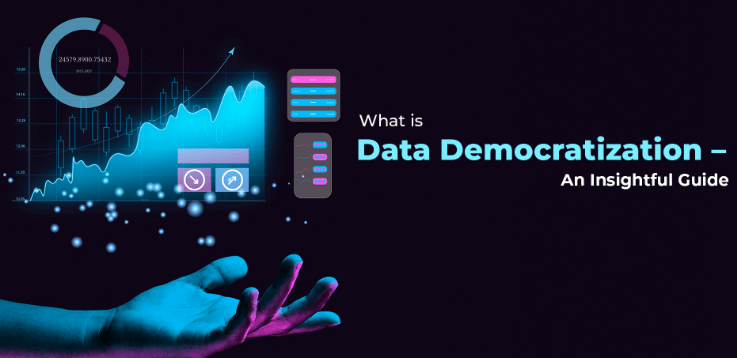The Benefits of Data Democratization for Business

Data democratization represents a transformative approach for businesses, enabling a broader range of employees to access and analyze critical information. This shift not only enhances decision-making and fosters collaboration across departments but also lays the groundwork for increased efficiency and innovation. By empowering individuals at all levels, organizations can respond more agilely to market dynamics and optimize resource allocation. However, the implications of this shift extend beyond immediate operational benefits, raising important questions about data governance, security, and the long-term impact on organizational culture. What does this mean for the future of business?
Enhanced Decision-Making
Enhanced decision-making is a cornerstone of modern business strategy, significantly bolstered by the principles of data democratization.
By ensuring data accessibility, organizations empower users at all levels to analyze information independently. This user empowerment fosters informed decisions and reduces reliance on centralized data teams, ultimately enabling agile responses to market changes.
Such empowerment enhances overall organizational efficiency and drives competitive advantage.
Improved Collaboration
Data democratization fosters an environment where collaboration thrives across all organizational levels.
By empowering cross-functional teams with access to shared data, organizations enhance knowledge sharing and collective problem-solving.
This transparency enables diverse perspectives to merge, driving innovation and fostering a culture of inclusivity.
Ultimately, improved collaboration leads to stronger relationships among team members and more effective outcomes, aligning individual efforts with organizational goals.
Increased Efficiency
Collaboration lays the groundwork for streamlined processes and improved decision-making, significantly contributing to increased efficiency within organizations.
Enhanced data accessibility empowers users to access critical information swiftly, reducing bottlenecks and fostering a proactive approach to problem-solving.
This user empowerment not only accelerates workflows but also optimizes resource allocation, ultimately leading to a more agile organization capable of adapting to dynamic market conditions.
Greater Innovation
As organizations prioritize data democratization, they inadvertently cultivate an environment ripe for innovation.
User empowerment enables individuals across all levels to leverage data for developing creative solutions. This decentralized access fosters diverse perspectives, encouraging collaborative problem-solving and unique approaches to challenges.
Ultimately, the synergy created by empowered users enhances an organization’s capacity to innovate, driving growth and competitive advantage in a rapidly evolving market.
Conclusion
In the ever-evolving landscape of business, data democratization emerges as a beacon of opportunity, illuminating pathways to enhanced decision-making, improved collaboration, increased efficiency, and greater innovation. By empowering all employees with access to critical information, organizations dismantle silos and foster an environment ripe for collective problem-solving. Ultimately, embracing data democratization not only streamlines processes but also positions businesses to navigate market changes with agility, securing a competitive edge in a data-driven world.




